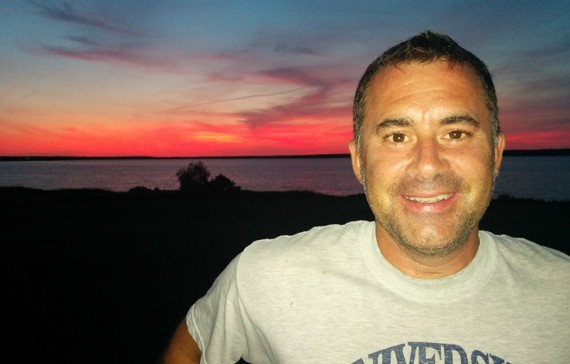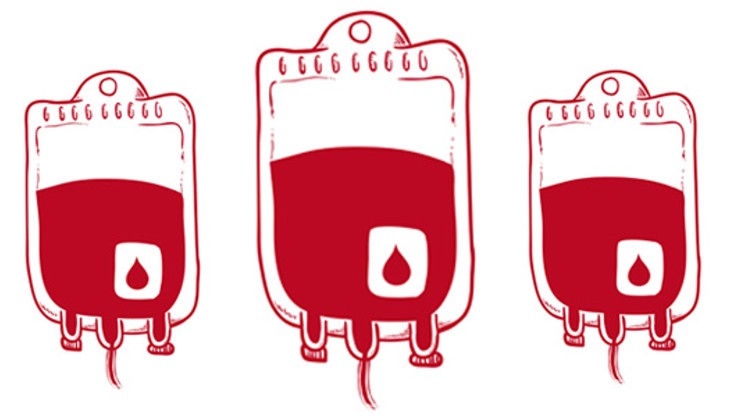Most people probably think of organ donation as something that’s done for the good of the recipient. But Dr. Stephen Beed is not one of those people.
“My argument for donation actually has nothing to do with the people who are going to receive the organs.”
Beed, an ICU physician and clinical advisor with organ donation advocacy group Legacy of Life, says that he’s seen firsthand how cathartic donation is for families at the point of losing their loved ones.
“In the middle of what is nothing but bad news, it’s a way for [families] to understand that sometimes good comes from bad.”
Atlantic Canada has a highly effective organ donation system, says Beed—one of the best in the country. But it also has a waiting list of around 250 people at any given time.
This isn’t simply a case of low donor rates. A bigger problem is a lack of awareness among the medical community over which patients might qualify for donation. Beed says that if the medical professional doesn’t recognize a potential donor, then the short window for donation slams shut.
All the same, there are unhelpful misconceptions among the general public, too.
“The most common…is the notion that if you’re going to be an organ donor we won’t try hard to save you,” says Beed. “That’s just ridiculous. And yet, I’ve heard it.”
As a physician, Beed says his primary task is making patients better. But when he can’t, his focus is not on healing the organ recipient—who, in any case, is anonymous—but the family of the deceased.
While donations from the deceased are anonymous, that doesn’t stop Trevor Umlah from thinking about the family of the donor from whom he got his lungs in 2007.
“This is a gift that I can never thank the family for,” he says.
Umlah is a cystic fibrosis survivor who once relied on supplemental oxygen 24 hours a day. On the list of things that he’s been able to do since the donation of his new lungs are climb the Eiffel tower, play professional hockey and take a full breath.
To anyone who’s hesitating about organ donation for themselves or their loved ones, Umlah encourages them to think about those in need of organs as “people [who] have families and goals and dreams that they wouldn’t be able to achieve otherwise.”
In 2014, provincial health minister Leo Glavine announced that Nova Scotia was considering presumed consent legislation like what’s already in place in some European countries. In such a system, donation is the default and individuals are automatically organ donors unless they opt out.
In a statement, Department of Health and Wellness spokesperson Tony Kiritsis said that the government has since decided not to introduce the legislation, having heard from Nova Scotians that organ donation is “a gift they want to be able to choose to give.”
Currently, around 50 percent of Nova Scotians are registered as organ donors, with the number of donations hovering at around 20 per million residents. In Spain, which has presumed consent, that number is 35.1 per million.
Regardless of whether it’s the default option, Beed suggests that everyone—even young people who assume they’ll live forever—should talk to their loved ones about their desire to donate and register themselves as donors. Whether giving or receiving, it’s a gift with the power to heal.














